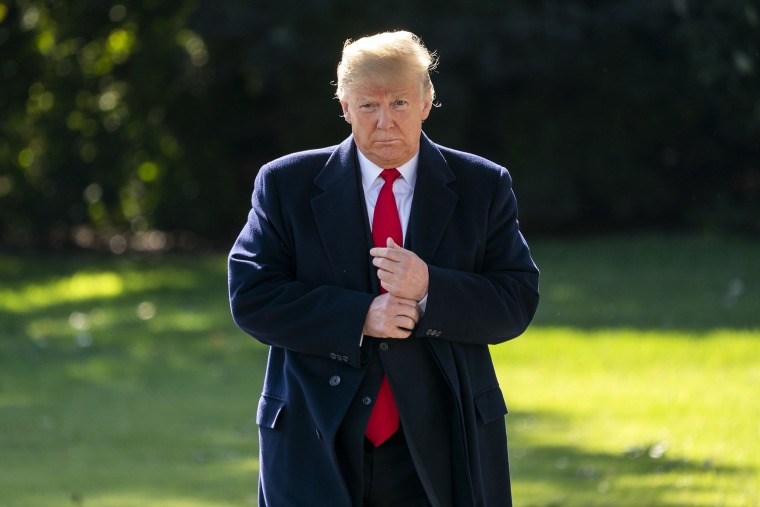With truth and facts under assault more than at any time in American history, the nation is in desperate need of a new generation of fearless journalists to shed light on the atrocities and wrongdoings committed at home and abroad. But our president’s ongoing contempt for the press has heartened the world’s dictators and is dangerous to the profession. Unless he changes his tune, his disdain for journalism will be felt for generations as it’s mimicked in yet more places while sending shudders through newsrooms on every continent.
Part of what has long protected American journalists abroad — or foreign reporters filing for U.S. publications — is that, even in war zones, corrupt nations and under dictatorial regimes, having an American press pass signaled to the world that the full weight of the United States of America was behind that reporter.
Those press passes came to be seen as beacons of an American ideal — the First Amendment, which many of us take for granted while tweeting or even protesting in the streets — is more American than apple pie. It’s an ideal in which our founding fathers trusted and placed immense hope, believing it is the perpetual war of ideas that makes our country stand out.
President Donald Trump, however, has tarnished the image of journalism here and abroad. He recently praised a congressman for his cowardly attack on an American journalist and he’s mocked the American press while abroad, which has invited foreign leaders to ridicule us as well.
But Trump’s disdain for the media has gone further than ever before with the handling of the apparently brutal murder of Washington Post columnist Jamal Khashoggi. And his administration is sending a chilling message to young, aspiring journalists: The American government won’t be there for you.
When the president initially was asked about the reports of Khashoggi’s death, he told reporters, “If you look at Saudi Arabia, they’re an ally, and they’re a tremendous purchaser of, not only military equipment, but other things.”
“Those are the biggest orders in the history of this country, probably the history of the world,” he added.
World leaders heard Trump put a multi-billion dollar arms contract with Saudi Arabia over justice for Khashoggi, and thus a fundamental reorganization of American ideals: Money first, and morality — or, at least the protections enshrined in the U.S. constitution for journalists and other citizens who want to voice dissent — second, if that.
But it’s not just Saudi Arabia whose apparently murderous treatment of journalists Trump ignores. During the 2016 election, Trump refused to condemn Russian President Vladmir Putin and his regime for jailing and killing dissidents, including journalists. And, though no one knows what the two men discussed in their private Helsinki summit, no one in the administration has even so much as hinted they discussed press freedom (even if the largest Finnish paper used their summit to troll the two leaders with billboards about the topic).
Trump also laughed in front of the American press when Philippines President Rodrigo Duterte called them “spies.” Those reporters were asking if Trump brought up human rights abuses while with the strongman who has allegedly killed countless thousands of drug users and who has defended the killing of journalists.
The First Amendment has given generations of deeply flawed American leaders the moral high ground when calling for press freedom around the globe, but those calls aren’t just for journalists. They’re for people in all occupations to be able to speak their minds freely without fearing jail or death. For regimes like Putin’s, Salman’s and Duterte’s, censoring those voices is how they control many of their own citizens, which is precisely why the American value of free speech was given a prominent, foundational place in our founding documents.
In the recent past, part of the way that America leaders have championed those ideals on the global stage was by letting regimes know that they will face tangible repercussions to their own seats of power — like sanctions or even canceling a billion-dollar arms sale — if they imprison or physically harm foreign reporters, let alone if they order their assassinations.
The American press on the global stage over the past few generations has shone light on corruption, ineptitude and human rights abuses that would have gotten local journalists censored, jailed or possibly even killed for covering. There’s still a dire need for that kind of coverage now.
In this era in which conspiracy theories abound, in which the internet is being used to crush dissent as opposed to fostering dialogue and in which strongmen are now in power in an alarming number of nations around the globe, we should all demand more free-flowing ideas, and try to help propel the next generation to travel abroad with their pens and notebooks in hand. We need them to help us see the world as it is, not as some world leader wants to dupe us into seeing it.




